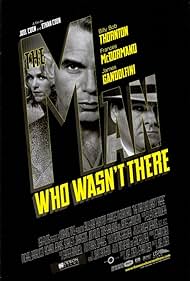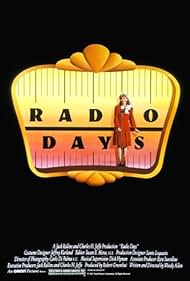Jue sheng shi ke Soundtrack (2019)

Buy on Amazon Play and download Soundtracks
Jue sheng shi ke
Mao Zedong 1949
Mao Zedong 1949
Synopsis
Mao Zedong 1949
In 1949, Mao Zedong led the Communist Party of China to victory in the Chinese Civil War, establishing the People's Republic of China on October 1st. This marked the end of decades of conflict and the beginning of a new era for China.
Under Mao's leadership, the new government implemented sweeping reforms aimed at transforming China into a socialist state. Land reform, industrialization, and collectivization were key components of Mao's vision for the country.
However, Mao's policies also led to widespread famine and political repression, most notably during the Great Leap Forward and the Cultural Revolution. Despite these challenges, Mao remained a powerful figure in Chinese politics until his death in 1976.
Today, Mao Zedong is remembered as a controversial figure who shaped modern China in profound ways, for better or for worse.













